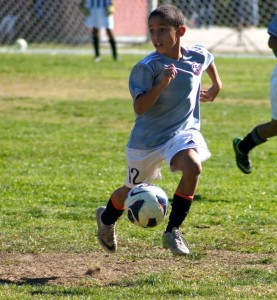
Many L.A. private schools are a hybrid of educational philosophies, a blend of school types (traditional, developmental and progressive) that define each institution. However, there are schools that are purely traditional or progressive and have chosen not to incorporate a mix of educational philosophies. Any of these school types can offer an academically challenging, intellectually rigorous learning environment. Selecting a school depends on your preferences as a parent and finding the best fit for your kid.
Here are 5 differences between traditional and developmental/progressive schools:
1. Traditional schools tend to teach critical thinking in conjunction with heavy content acquisition. Developmental/Progressive schools are more focused on the process of learning than detailed content acquisition. Teachers are interested in what students know in traditional schools. Developmental/progressive schools want to know what students think.
2. The curriculum at developmental/progressive schools includes more project based learning, where kids work in groups and projects can take a week or more.
3. Traditional schools have more homework, tests and quizzes. They tend to use textbooks more often than developmental/progressive schools.
4. The report cards and grading systems are very different. Developmental/Progressive schools tend to use narrative written reports for elementary school. Traditional schools use grades and/or numeric evaluation methods.
5. Academic achievement is celebrated in traditional schools. Honor lists are posted, students discuss grades. Developmental/progressive schools de-emphasize the focus on public display of individual academic success.


